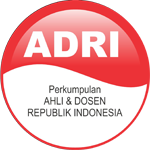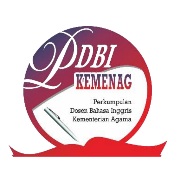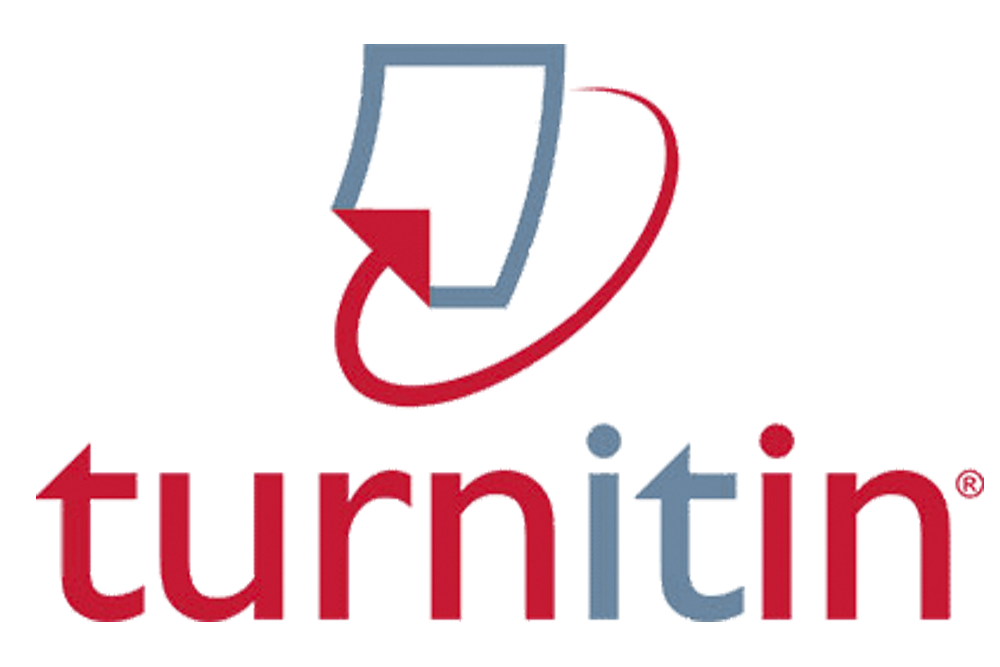How is the Students Acceptance of Collaborative Writing Tools? The Case of Netboard
Abstract
Collaborative learning is an approach to teaching and learning that promotes students’ involvement in a group to solve a problem. This study aims to reveal students’ acceptance of Netboard as an integrated technology tool for a collaborative writing approach, in terms of positive or negative attitudes toward the technology used. To reach the purpose, a quantitative research design was applied with a questionnaire as the main instrument. The researchers collected the data from 58 students in a private university who have experienced the collaborative writing approach in the 2022/2023 academic year. The data was analyzed by calculating the four-point Likert scale and interpreted to find the students’ acceptance. The result of the study indicated a positive attitude toward the utilization of Netboard as a collaborative writing tool. It was described from the affective, behavior, and cognitive aspects. To conclude, integrating a proper technology tool in writing class will be a solution in assisting students’ performance, and this study can be considered as a reference for further research.
Full Text:
PDFReferences
Abidin Dr., M. J. Z., Pour-Mohammadi, M., & Alzwari, H. (2012). EFL students’ attitudes towards learning English language: The case of Libyan secondary school students. Asian Social Science, 8(2), 119–134. https://doi.org/10.5539/ass.v8n2p119
Al-Tamimi, A., Shuib, M., & My, M. (2009). Motivation And Attitudes Towards Learning English: A Study Of Petroleum Engineering Undergraduates At Hadhramout University Of Sciences And Technology. GEMA Online Journal of Language Studies, 9(2). http://www.mom.gov.ye/ar/news_53.htm
Alwaleedi, M. (2022). Attitudes of learners at the Arabic Language Institute at King Abdulaziz University towards Online Collaborative Writing during Covid-19 Pandemic. Arab World English Journal, 2, 302–316. https://doi.org/10.24093/awej/covid2.20
Anshu, A. H., & Yesuf, M. Y. (2022). Effects of Collaborative Writing on EFL Students’ Paragraph Writing Performance: Focus on Content and Coherence. International Journal of Education and Literacy Studies, 10(1), 36. https://doi.org/10.7575/aiac.ijels.v.10n.1p.36
Challob, A. I., Bakar, N. A., & Latif, H. (2016). Collaborative Blended Learning Writing Environment: Effects on EFL Students’ Writing Apprehension and Writing Performance. English Language Teaching, 9(6), 229. https://doi.org/10.5539/elt.v9n6p229
Elgün Gündüz, Z. (2023). Teaching Writing with Wiki-based Collaborative Writing Tasks in an EFL Context at Higher education. Acuity: Journal of English Language Pedagogy, Literature, and Culture, 8(1), 68–86. https://doi.org/10.35974/acuity.v8i1.2807
Feng, R., & Chen, H. (2009). English Language Teaching An Analysis On The Importance Of Motivation And Strategy In Postgraduates English Acquisition.
Gustiani, S. (2020). Students ’ Motivation in Online Learning During Covid-19 Pandemic Era : a Case Study. Holistics Journal, 12(2), 23–40.
Kara, A. (2009). The Effect Of A “Learning Theories” Unit On Students’ Attitudes Toward Learning. Australian Journal Of Teacher Education, 34(3), 100–113.
King-Fong. (2004). Study of Secondary students’ attitude toward English in Hongkong. The HKU Scholars Hub: The University of Hongkong.
Kitjaroonchai, N., & Suppasetseree, S. (2021). A Case Study of ASEAN EFL Learners’ Collaborative Writing and Small Group Interaction Patterns in Google Docs. English Language Teaching, 14(5), 89. https://doi.org/10.5539/elt.v14n5p89
Limeranto, J. T., & Mbato, C. L. (2022). Motivation and Its Relationship with Essay Writing Achievement in the Higher Education Level. ELTIN Journal: Journal of English Language Teaching in Indoneisa, 10(2), 113–126.
Ojha, L. P., & Acharya, R. (2021). The Potential of Blogs as Discussion Forums for Developing Collaborative Writing Skills in Higher Education. In Innovative Technologies and Pedagogical Shifts in Nepalese Higher Education (Issue Januari). https://doi.org/10.1163/9789004448865
Salem Aldossary, K. (2021). The Impact of Collaborative Writing on EFL Learners’ Writing Development: A Longitudinal Classroom-Based Study in Saudi Arabia. Arab World English Journal, 12(3), 174–185. https://doi.org/10.24093/awej/vol12no3.12
Storch, N. (2019). Collaborative writing. Language Teaching, 52(1), 40–59. https://doi.org/10.1017/S0261444818000320
Teng, Y. T., Zainal, A. Z., Vasodavan, V., & Kui-Ling, E. L. (2020). Collaborative Discussion Using Padlet to Enhance the Teaching and Learning of Essay Writing in Mandarin Language. In ICT-Based Assessment, Methods, and Programs in Tertiary Education (Issue January 2021, pp. 169–190). https://doi.org/10.4018/978-1-7998-3062-7.ch009
Thirakunkovit, S., & Boonyaprakob, K. (2022). Developing Academic Writing Skills through a Task-Based Approach: A Case Study of Students’ Collaborative Writing. REFLections, 29(3), 526–548.
Valizadeh, M. (2022). Collaborative Writing on Google Docs: Effects on EFL Learners’ Descriptive Paragraphs. IJELTAL (Indonesian Journal of English Language Teaching and Applied Linguistics), 6(2), 277. https://doi.org/10.21093/ijeltal.v6i2.1053
Wu, C. P. (2023). EFL Students’ Experiences and Attitudes Toward Situated e-Portfolio English Writing. JET (Journal of English Teaching), 9(2), 225–238. https://doi.org/10.33541/jet.v9i2.4831
Zhai, M. (2021). Collaborative writing in a Chinese as a foreign language classroom: Learners’ perceptions and motivations. Journal of Second Language Writing, 53, 100836. https://doi.org/10.1016/j.jslw.2021.100836
DOI: http://dx.doi.org/10.29240/ef.v8i1%20May.9905
Refbacks
- There are currently no refbacks.
Copyright (c) 2024 Fauzul Etfita

This work is licensed under a Creative Commons Attribution-NonCommercial-ShareAlike 4.0 International License.
INDEXED BY:
 This work is licensed under a Creative Commons Attribution-NonCommercial-ShareAlike 4.0 International License
This work is licensed under a Creative Commons Attribution-NonCommercial-ShareAlike 4.0 International License
@ ENGLISH FRANCA : Academic Journal of English Language and Education
Jl. Dr. AK Gani No 1 Dusun Curup, Rejang Lebong Regency, Bengkulu Province, Indonesia, 39119.
Dr. Eka Apriani, M.Pd., email: efranca@iaincurup.ac.id, eka.apriani@iaincurup.ac.id.




.png)












